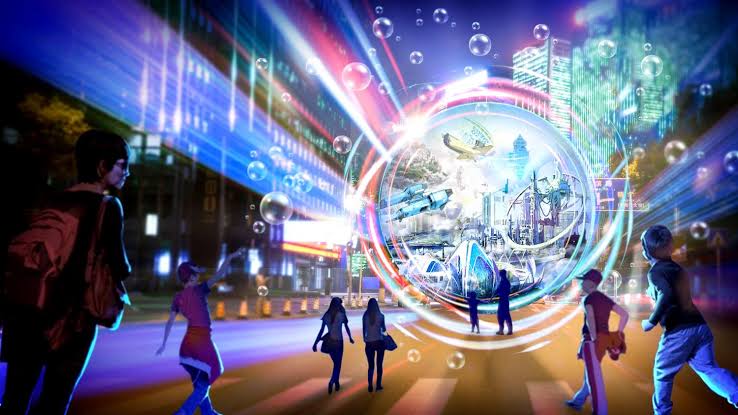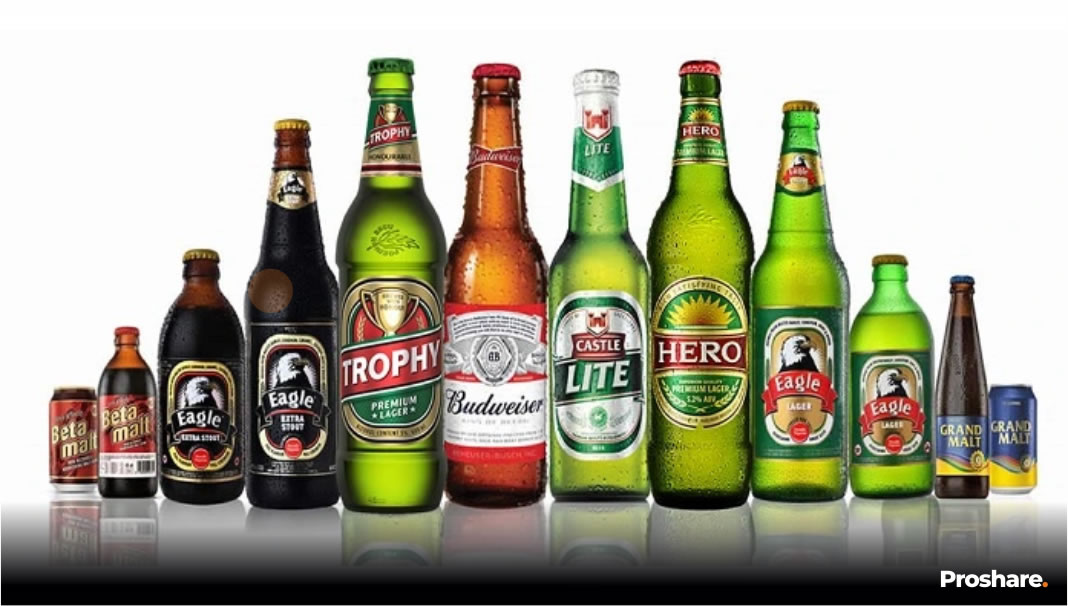Despite its humble beginning as a brand born in a small shop in Atlanta, Coca-Cola sweetened carbonated beverage is now sold in over 200 countries around the globe. On top of that, The Coca-Cola Company is currently the largest beverage manufacturer in the world, and the largest corporation in the United States of America, selling over 1.9 billion bottles daily.
Originally introduced as an all nerve-calming drink and patent medicine, Coca-Cola was created by John S. Pemberton, an Atlanta Pharmacist in 1886 at his Pemberton Chemical Company.
The Coca-Cola name and flowing script trademark was chosen and created by Frank Robinson, Pemberton’s book keeper. Pemberton, in a bid to raise customers’ interest, began to use coupons for free drinks.
In 1892, He sold the company to Asa Griggs Candler, another pharmacist; at the time, Coca-Cola was capitalised at $100,000 upon incorporation and the trademark became registered in the U.S patent office in 1893. In 1919, the company was sold to Ernest Woodruff,an Atlanta business man, and a group of investors for $25 million dollars. As sales skyrocketed, imitators and copycats increased.
Communicating the brand essence
Taglines, ad campaigns, and brand slogans evoke lasting images in the imaginations of consumers, negative or positive. Over the years, the Coca-Cola Company has used all three interchangeably in its messaging strategy and brand positioning.
Advertising industry giants like W. C. D’Arcy, Archie Lee and Bill Backer, worked with Coca-Cola to produce some of the greatest slogans and ads in history.
Candler, who was also a marketer, used items like soda fountain urns, calendars, napkins, pencils, and clocks to advertise Coca-Cola; his advertising budget was $11,000.
The very first ad was published in 1886, in the Atlanta Journal newspaper. The short and catchy slogan “delicious and refreshing” was one of the company’s longest running slogan.
In 1904, an ad space was purchased in national magazines.
In partnership with Archie Lee, D’Arcy added an arrow to all Coca-Cola’s advertising and packaging and came up with the impressive “whenever you see an arrow, think of Coca-Cola” slogan.
“Good to the last drop” was introduced in 1907; and by 1911, Coca-Cola’s advertising budget had risen to over$1 million. The company later added outdoor billboards and radio program sponsorships to its advertising mix.
“Thirst knows no season” was incorporated in 1922; then in 1929, “The pause that refreshes” gained momentum for almost 30 years.
The slogans and campaigns successfully highlighted Coca-Cola’s brand essence, and also retain the interest of consumers all over the globe.
“Taste the feeling”, “Coke side of life”, and the “open happiness” campaign in 2009 can be tagged as one of the most successful campaigns the company has ever launched
Open Happiness, Distinctive Bottle
The trademark contour bottle, the dynamic ribbon, the white spencerian script on a red background, and the communication of “open happiness” has for the past 126 years distinguished Coca-Cola’s brand essence and personality from its competitors.
In 1899, Joseph Whitehead and Benjamin Thomas negotiated the rights to bottle the Coca-Cola drink to push it beyond the restrictions of a mere “soda fountain”. Thereafter, the Coca-Cola bottling company began franchising the rights to bottle the drink across the United States.
In 1915, the unique and distinctive Coca-Cola contour bottle was patented by the Root Glass Company in Indiana, and in 1916, the bottles went into production; by 1920, over 1200 bottling operations were created.
In 1950, the Coca-Cola contour bottle was the first commercial product to make it to the front cover of Time magazine. Interestingly, the publication launched Coca-Cola to the world as an international brand.
Corporate Social Responsibility
The core of Coca-Cola’s CSR is sustainability. Through its packaging and recycling, development of host communities, water stewardship, employee development, inclusion, and empowerment initiatives, the Coca-Cola Company has proved to be a formidable brand.
Coca-Cola’s ethical business code of conduct is based solely on honesty, integrity, excellence, and transparency.
Undoubtedly, the ethical behaviour of companies have lasting influence on the purchasing decisions of its customers; for decades, the company has gained increased productivity, quality, sales, customer loyalty, enhanced brand image and reputation, and workforce diversity.
The company launched the World Without Waste initiative in 2018 with the aim of making its packaging 100% recyclable globally by 2025, and using at least 50% recycled material in its packaging by 2030. Coca-Cola introduced PlantBottle– its first fully recyclable PET plastic bottle made partially from plants; more than 25 billion of the bottles have been distributed in over 37 countries.
Another branch of Coca-Cola’s CSR is its Water Stewardship. The company launched several initiatives to support this cause including the Replenish Africa Initiative aimed at providing clean water to over 6M people; Coca-Cola and World Wildlife Fund, established to tackle water stress; and over 1.5 trillion liters of water replenished through its business and local water initiatives, thereby improving the lives of over 10.6 million people across 79 countries.
Coca-Cola’s 5by20 initiative aims to empower 5 million female entrepreneurs across its value chain, with full focus on female retailers, recyclers, and distributors by the end of 2020.
The Coca-Cola Company, for 126 years, has maintained an enduring commitment to building sustainable communities; focusing on initiatives that reduce its environmental footprint, supporting active and healthy living, creating an inclusive work environment for associates, and enhancing the economic development in its host communities.
With over 500 brands in its portfolio, The Coca-Cola Company purchased rights to Germany’s Fanta in 1946, introduced Sprite in 1961, Tab in 1963, and Fresca in 1966.
Although the brand is currently halving its portfolio by discontinuing about 200 of its brands, the Coca-Cola Company is still the world’s largest beverage company.






Comment
No comments found.